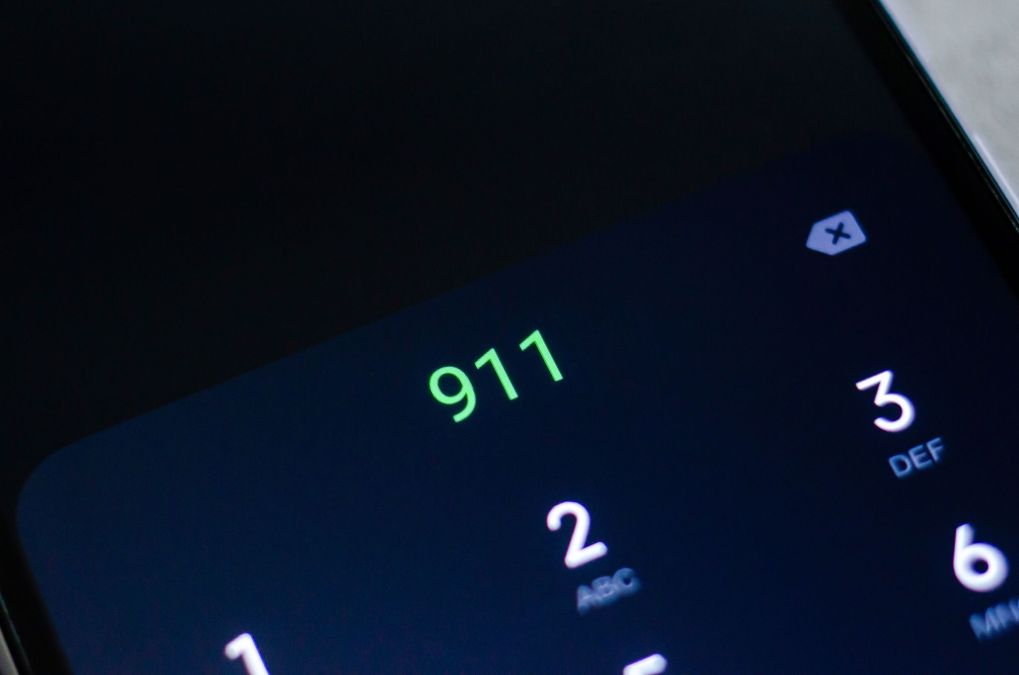Public safety coalition urges Congress to fund next-generation 911

This week, a coalition of nine national organizations sent a letter to Congress, urging federal legislators to pass a bill that would allow states to deploy next-generation 911, an internet-based system that experts say is a much-needed replacement to the aging, telephone-based emergency communications infrastructure that’s been used across the U.S. for decades.
If passed, HR 3565, known as the Spectrum Auction Reauthorization Act, which the House Energy and Commerce Committee unanimously approved in 2023, would provide $14.8 billion in federal funding to assist state and local governments to upgrade their 911 emergency systems.
The letter argues that the country’s existing 911 infrastructure is ill-equipped to handle system failures, cyberattacks and the current volume of emergency calls — an estimated 240 million each year, according to a 2021 survey of public safety entities.
The coalition, which includes the National Emergency Number Association, National Association of State 911 Administrators, and the Industry Council for Emergency Response Technologies, among others, also argues if NG911 systems are adopted, they would provide improved location accuracy, increased protection against cyber threats and improved interoperability across 911 centers.
“Federal funding is critical to ensure that no part of the country is left behind as we transition to Next Generation 911 systems,” Brian Fontes, CEO of the National Emergency Number Association, one of the signatories, said in the letter to Congress. “Given the unanimous, bipartisan support of this measure in the House Energy and Commerce Committee, we call on the full House and the Senate to adopt a framework to fund NG911 consistent with HR 3565. This is a broadly supported, urgently needed measure to help every state and community deliver robust, secure, and future-proofed emergency response capabilities.”
The letter argues that funding the upgrade would not impact the federal budget because funding would be provided by federal auctions of access to the airwaves. Conducted by the Federal Communication Commission, spectrum auctions often generate billions of dollars by allowing companies to bid on access to various frequency bands.
Fontes told StateScoop that 90% of 911 calls originate from wireless devices like smartphones that can handle voice, video and image data – data that is mostly unused in the current 911 system.
“All of this rich information that may be associated with a 911 call is stripped away with legacy technology and boiled down to the voice communications,” Fontes told StateScoop in an interview Thursday.
The letter states that people with disabilities — including the deaf, hard of hearing and blind — would benefit from the ability to send text messages, videos or images to 911 dispatchers, instead of solely relying on verbal communication.
Fontes said NG911 is also helpful in emergency situations in which assistance is needed, but verbal communication is limited, such as domestic violence emergencies.
“In some cases — and domestic violence is clearly one of them — where the caller may not want to talk,” he said. “But if the caller can turn on a camera, so that the 911 professional can get a sense of what’s going on in that environment, although that caller’s not saying anything.”
Even without federal support, According to the 2021 National 911 Annual Report, produced by the National 911 Program and the National Association of State 911 Administrators, 38 states have adopted a statewide NG911 plan, including text-to-911 services.
“As the nation moves toward NG911, more states are gaining the ability and capacity to provide text-to-911 service. Though frequently deployed at a local or regional level, text-to-911 is increasingly being deployed at a statewide level to offer a consistent level of service,” the report states.
Fontes said that the timeline for deployment and implementation of NG911 could range from a few years to more than a decade, depending on how prepared states are to receive equipment, software and training. That’s why, he said, Congress needs to approve federal funding as soon as possible.
“There’s an urgency now,” he said, “to start this funding mechanism in place because we cannot continue to go through this century with last century’s data-poor [and] voice-centric means to communicate the need for public safety response.”






